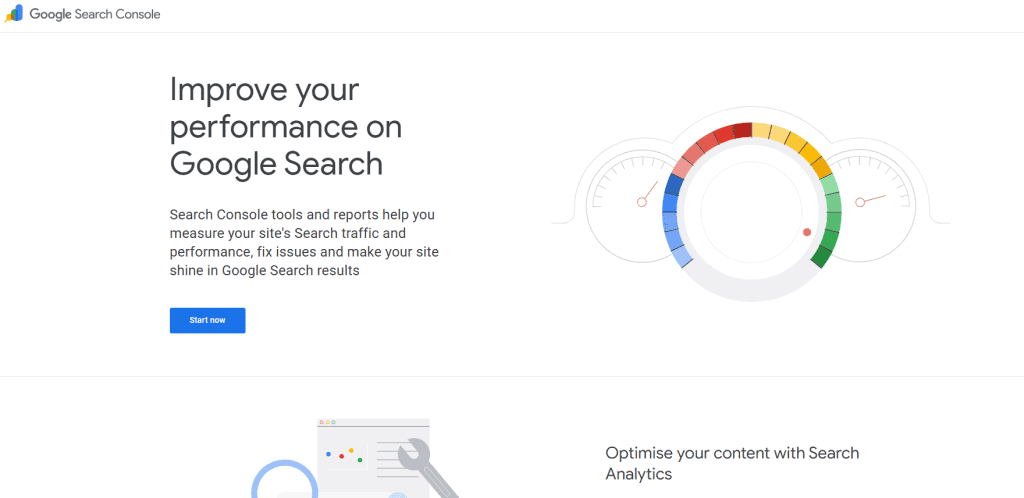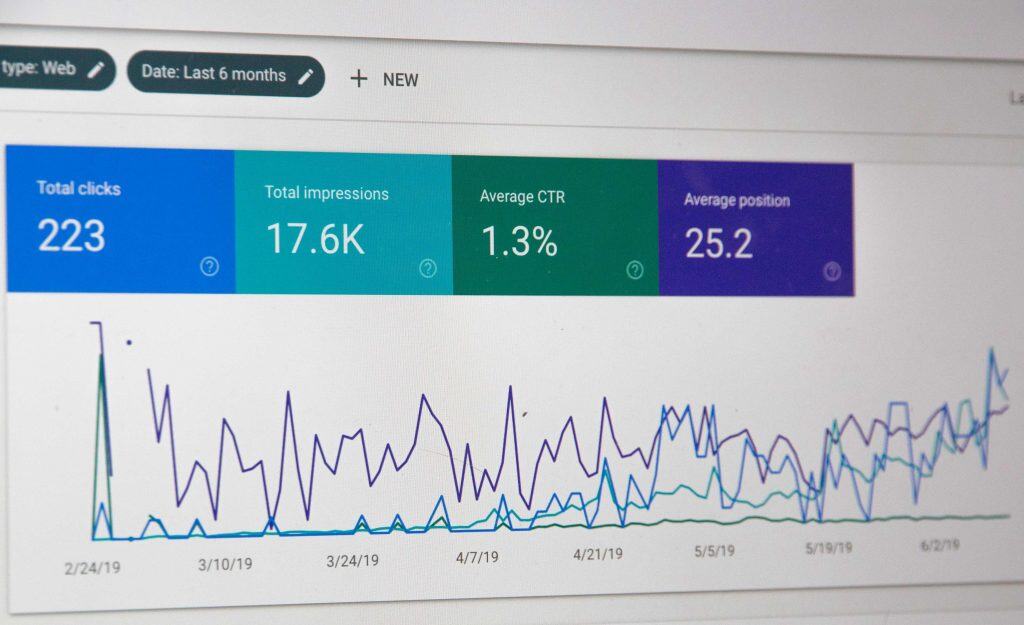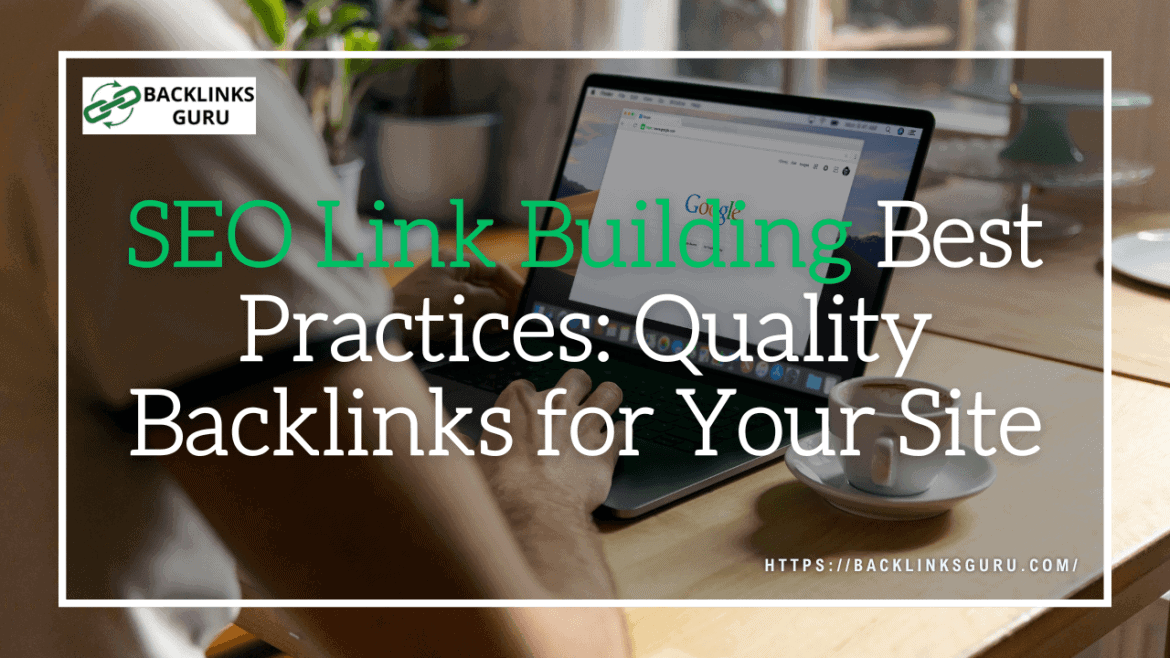Learn Proven Link Building Techniques to Boost Rankings, Drive Traffic, and Improve Domain Authority
Welcome to the ultimate guide on SEO link building best practices! In today’s digital landscape, achieving high search engine ranking is crucial for online visibility and success. This article dives deep into the world of backlinks, exploring what they are, why they matter, and how to build them effectively. We’ll uncover proven SEO link building strategies to help you secure backlinks that boost your search engine optimization (SEO) efforts and drive organic traffic to your website.
Understanding Backlinks
What are Backlinks?
Backlinks, also known as inbound links, are links from one website to another. Think of them as votes of confidence from other sites, telling search engines that your content is valuable and authoritative. When another website links to your website, it’s essentially endorsing your content. These backlinks play a significant role in how search engines perceive the credibility and relevance of your site, influencing factors such as:
- Credibility
- Relevance
High-quality backlinks from authoritative sources can greatly improve your search engine ranking.
Importance of Backlinks in SEO
Backlinks are a cornerstone of SEO. Search engines like Google use backlinks as a ranking signal, considering them a key factor in determining the authority and relevance of a website. The more high-quality backlinks you have, the higher your website is likely to rank in search engine results pages (SERPs). Effective link building is therefore a crucial aspect of any comprehensive SEO strategy. Building high-quality backlinks signals to search engines that your website is a trusted source of information, enhancing your visibility and organic search performance.
Types of Backlinks
Different backlinks carry different weight. Several kinds exist, each affecting your SEO differently. Here are a few examples:
- Editorial backlinks, acquired organically through excellent content that others link to naturally.
- Guest posting, which involves writing content for other websites in your niche with a link back to your site.
Understanding these different types and prioritizing earning backlinks from authoritative and relevant sources is essential for SEO success.

Best Practices for Link Building
Identifying Quality Backlinks
Identifying quality backlinks is crucial for effective SEO link building. Not all backlinks are created equal, and focusing on those from authoritative and relevant websites is paramount. Look for backlinks from sites with high domain authority and those that are niche-relevant. Avoid backlinks from spammy or low-quality websites, as these can negatively impact your search engine ranking. Using SEO tools like Semrush can help you analyze the quality of potential backlinks. Remember, earning backlinks from reputable sources is a best practice that significantly contributes to SEO success and improves your website’s visibility.
Building High-Quality Backlinks
When building high-quality backlinks, focus on creating valuable and engaging content that other websites will naturally want to link to. Guest posting on authoritative sites within your niche is an effective link-building strategy. Outreach to influencers and other website owners in your industry can also help you get links. Prioritize earning backlinks through genuine relationships and by providing value. Avoid link exchange schemes and other black-hat SEO tactics, as these can harm your search engine ranking. Effective link building is a long-term SEO strategy that requires patience and dedication to creating exceptional content.
Effective Anchor Text Usage
Anchor text—the clickable words used to hyperlink one webpage to another—is a critical element of any link-building strategy. Search engines use anchor text to understand the context of the linked page, which helps influence how that page ranks for specific keywords. Using anchor text effectively can improve SEO, while over-optimization or irrelevant usage can lead to penalties. Here’s how to use anchor text the right way:
1. Keep It Relevant to the Linked Page
Always make sure the anchor text clearly relates to the content on the destination page. Relevance helps search engines understand the connection between the linking and linked pages, which supports keyword rankings and user experience.
Example:
If you’re linking to a page about “SEO for beginners,” a good anchor text would be “beginner SEO guide” rather than something generic like “click here.”
2. Use a Natural Mix of Anchor Text Types
A healthy backlink profile includes a variety of anchor text types. Here’s a breakdown:
Branded Anchors: e.g., Backlinks Guru
Great for establishing brand authority and reducing over-optimization.
Naked URLs: e.g., https://backlinksguru.com
These look natural and help diversify your anchor profile.
Generic Anchors: e.g., click here, read more, visit this page
Useful when you want to avoid keyword stuffing and appear natural.
Exact Match: e.g., buy backlinks
Use sparingly—too many exact matches can trigger spam filters.
Partial Match: e.g., best backlinks for SEO
Safer than exact match and still keyword-relevant.
Long-Tail Anchors: e.g., how to build high-quality backlinks for niche websites
Helpful for targeting specific queries and maintaining natural flow.
3. Avoid Over-Optimization
Using the same keyword-rich anchor text repeatedly—especially with exact match phrases—can look unnatural to search engines and lead to penalties. Spread out your keywords, and make sure they fit naturally into the sentence or paragraph.
Tip: No more than 1-2% of your total backlinks should use exact match anchor text.
4. Keep Anchor Text Concise
Short and clear anchor texts tend to perform better. Aim for 2–6 words in most cases. Very long anchor phrases can confuse both users and search engines, while overly short anchors (like a single generic word) lack context.
5. Prioritize User Experience
Anchor text should be helpful and provide clarity about what the user will find on the linked page. Avoid deceptive or vague phrases. A good rule of thumb: if the anchor text doesn’t make sense when read out of context, it needs improvement.
6. Align Anchor Text with Content Strategy
When planning content and outreach, align your anchor strategy with your target keywords and topics. For example, if you’re trying to rank a service page for “link building services,” use variations of that phrase across your backlinks, but avoid overusing the exact term.
7. Monitor and Optimize Over Time
Use SEO tools like Ahrefs, SEMrush, or Google Search Console to audit your anchor text profile. Look for:
- Too many links using the same anchor
- Irrelevant or spammy anchor usage
- Opportunities to diversify and improve distribution
If needed, update internal links or work with partners to modify external anchors.
Effective anchor text usage is a balance of relevance, diversity, and strategy. By using natural variations, avoiding over-optimization, and keeping the user in mind, you can improve your SEO performance while building a trustworthy backlink profile that search engines love.

Link-Building Strategies
Guest Posting for Link Generation
Guest posting remains a relevant and valuable link-building strategy for SEO. By writing high-quality content for other websites in your niche, you can get links back to your site and increase your visibility. When guest posting, target authoritative sites with a strong domain authority that are relevant to your industry. Ensure your content provides value to the host site’s audience, and naturally include links within the article that link to your website. This best practice not only helps you build backlinks but also establishes you as an influencer in your field, boosting your SEO efforts and helping you rank in search engine results.
Utilizing SEO Insights for Better Links
To maximize your SEO efforts, it’s crucial to utilize SEO insights for better links. Tools like Semrush can help you analyze your competitor’s backlink profiles and find new opportunities. Understanding which websites are linking to your competitors can give you ideas for your own outreach efforts and where to pitch your content. Additionally, pay attention to the anchor text used in these backlinks to identify relevant keywords. SEO insights also help in identifying high-quality backlinks from authoritative sources, ensuring your link-building strategy aligns with best practices and contributes to improved search engine ranking and visibility.
Creating Shareable Content
Creating shareable content is a best practice for organically generating backlinks. When you produce content that is informative, engaging, and valuable, other websites and influencers are more likely to link to your website. This can include infographics, videos, articles, or free tools. Focus on topics that resonate with your niche and solve common problems. Promote your content through social media and outreach to increase its visibility. By creating content that people want to share and link to, you can earn backlinks naturally and improve your search engine ranking without resorting to link exchange schemes or other spammy tactics, reinforcing your overall SEO link building efforts.
Measuring the Success of Your Link Building
Tools for Tracking Backlinks
To effectively measure the success of your link building efforts, employing the right tools for tracking backlinks is essential. Semrush is a powerful SEO tool that allows you to monitor your backlink profile, discover new backlinks, and analyze the domain authority of linking sites. Other free tools like Google Search Console also provide valuable data on your backlinks, including the URLs of linking sites and the anchor text used. By regularly tracking your backlinks, you can identify high-quality backlinks, assess the effectiveness of your link-building strategies, and ensure that your SEO efforts are yielding positive results.
Assessing Link Impact on Rankings
Assessing the impact of links on rankings is crucial for understanding the effectiveness of your SEO link building strategies. Monitor your keyword positions in search engine results pages (SERPs) to see if your rankings improve after earning backlinks from authoritative sites. Pay attention to the keywords used in anchor text, as these can significantly influence your search engine ranking for those specific keywords. Additionally, analyze your organic traffic to see if it increases as you build backlinks. By assessing the link impact on rankings, you can determine which link-building tactics are most effective and optimize your SEO strategy accordingly.
Adjusting Strategies Based on Analytics
Analyzing data from your SEO tools and analytics platforms to see what is (or isn’t) working is a best practice in digital marketing. Regularly reviewing your backlink profile and search engine ranking data allows you to identify areas for improvement. If certain link-building strategies are not yielding positive results, consider adjusting your approach. For example, you might need to target different websites for guest posting or refine your anchor text usage. By continuously monitoring and adjusting your strategies based on analytics, you can ensure that your SEO link building efforts remain effective and contribute to improved search engine ranking and increased organic traffic via natural link-building strategies.

Frequently Asked Questions
What are the best practices for building high-quality backlinks?
Building high-quality backlinks involves creating valuable content that others want to reference, utilizing guest posting on reputable sites, and collaborating with influencers in your niche. Focus on relevancy and trustworthiness to ensure that your links contribute positively to your site’s authority and search results.
How can backlinks help improve a site’s ranking in search results?
Backlinks help improve a site’s ranking by signaling to search engines that your content is credible and trustworthy. When other reputable sites link to your content, it enhances your site’s link equity, which can lead to higher rankings in search traffic and the search results pages.
What link-building strategies are effective for SEO marketers?
Effective link-building strategies for SEO marketers include creating informative infographics that others want to share, participating in online communities to build relationships, and using nofollow links strategically. It’s important to focus on building links that are relevant and add value to your audience.
Why is relevancy important in building links?
Relevancy is crucial in building links because search engines prioritize links from sites that are related to your content. Links from relevant sources help establish your site’s authority, improve its ranking, and drive targeted search traffic, which is essential for maximizing the impact of your SEO efforts.
How do paid links affect link-building strategies?
Paid links can pose risks to your SEO strategy, as search engines like Google may penalize sites that engage in buying links. Instead, focus on organic strategies for building high-quality backlinks that enhance your site’s trustworthiness and align with best practices in the SEO industry.
What role does anchor text play in backlinks?
Anchor text is the clickable text in a hyperlink and plays a significant role in backlinks. Using descriptive and relevant anchor text helps search engines understand the context of the linked page, which can improve its ranking and relevance. Properly optimized anchor text can also enhance the user experience.
How can site owners effectively collaborate for link building?
Site owners can effectively collaborate for link building by forming partnerships with other relevant websites, sharing content, and engaging in guest posting. Collaboration allows both parties to benefit from increased visibility and link equity, enhancing their overall SEO efforts.
What different strategies can be employed for building links?
Different strategies for building links include creating high-quality content that naturally attracts links, leveraging social media to promote your content, utilizing guest posting on authoritative blogs, and engaging in community discussions. Each of these strategies can help enhance your site’s visibility and authority.


